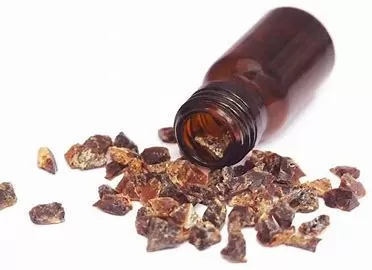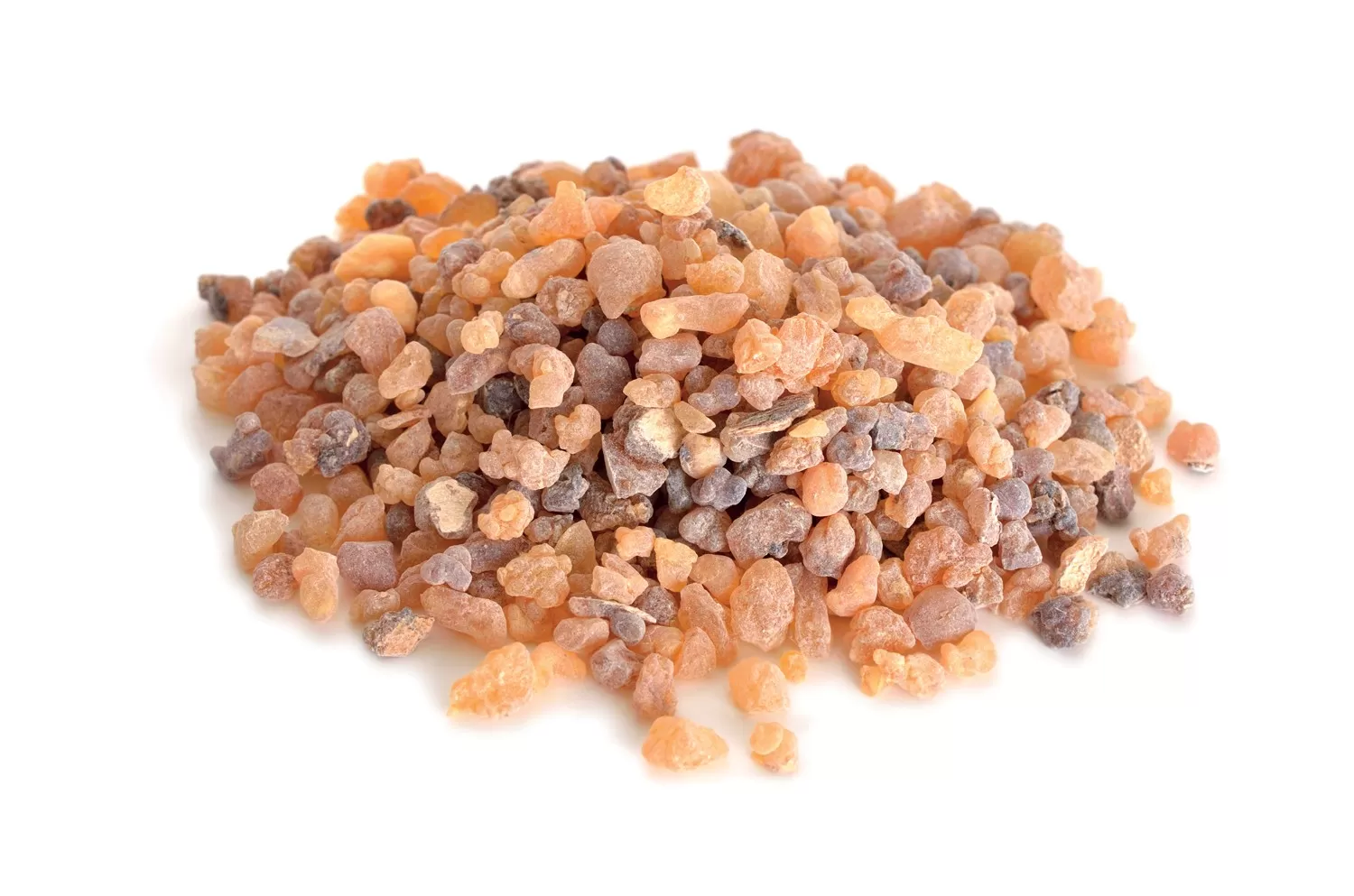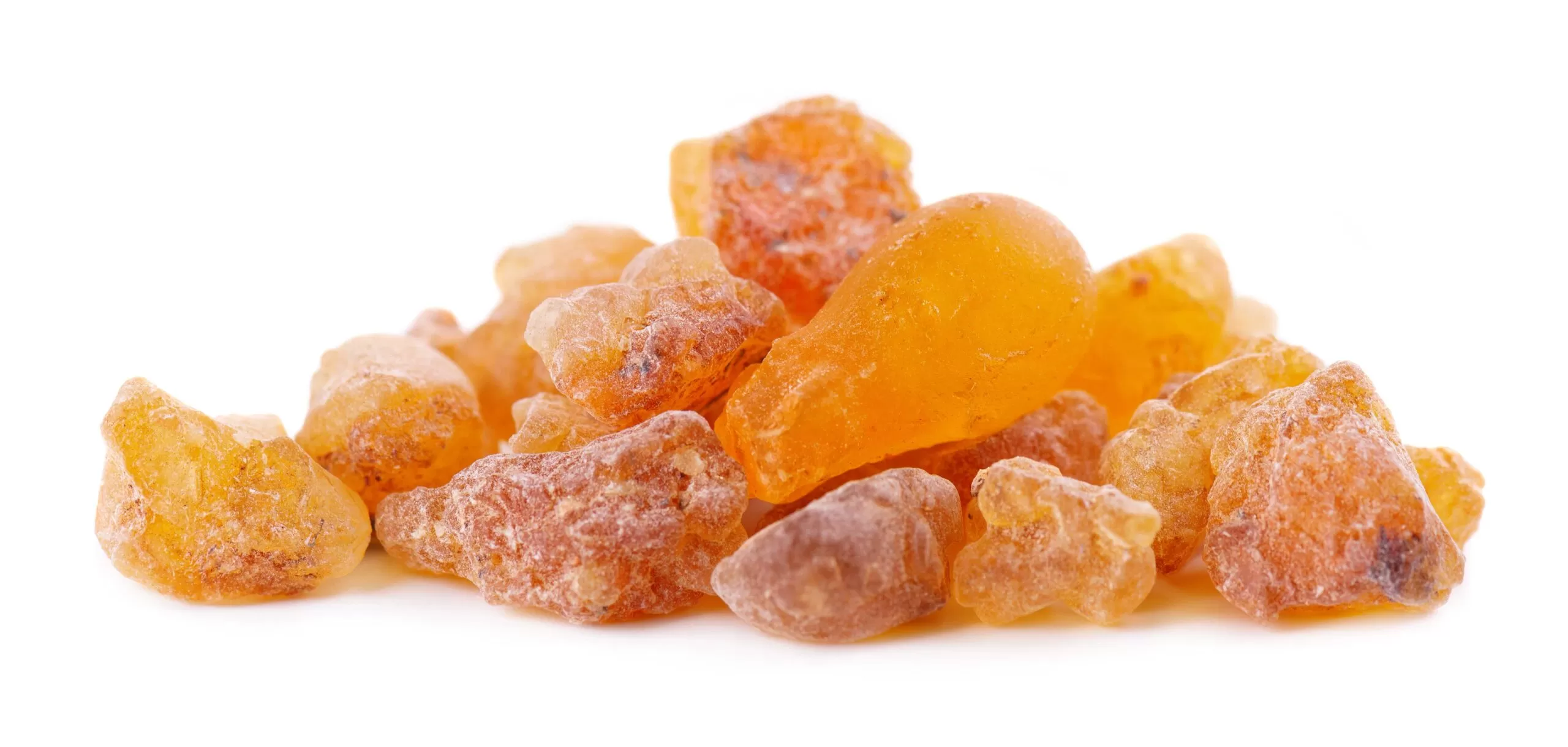- 0086-571-85302990
- sales@greenskybio.com
Who Should Not Take Boswellia Extract: Risks, Precautions, and Contraindications
2025-03-18
Boswellia extract, derived from the resin of the Boswellia serrata tree, has been used for centuries in Ayurvedic medicine due to its potent anti-inflammatory and therapeutic properties. Popularly known as Indian frankincense, boswellia extract is often sought after as a natural remedy for joint pain, arthritis, inflammation, and digestive concerns. Its key active compounds, boswellic acids, are credited for these benefits, making boswellia extract a staple in the realm of herbal medicine.
However, despite its extensive health benefits, boswellia extract is not suitable for everyone. Like any herbal supplement, boswellia extract may have risks, side effects, and contraindications that should be considered before incorporating it into a health regimen. This article provides an in-depth analysis of who should avoid boswellia extract and the precautions required to use it safely.
Understanding Boswellia Extract and Its Uses
Boswellia extract has become increasingly popular in modern supplementation for its ability to reduce inflammation and promote joint health. It is commonly used to treat conditions such as osteoarthritis, rheumatoid arthritis, asthma, and inflammatory bowel disease (IBD), including Crohn's disease and ulcerative colitis. Boswellia extract works by inhibiting 5-lipoxygenase (5-LOX), an enzyme responsible for producing inflammatory leukotrienes in the body. By blocking these pathways, boswellia extract can help reduce inflammation and pain.
Additionally, boswellia extract's antioxidant properties may protect cells from oxidative stress and support overall health. These benefits have led to its integration into joint-support supplements, herbal remedies, and even skincare products.
While boswellia extract is widely considered safe for many individuals, it is essential to recognize that certain groups may need to avoid this supplement due to potential risks or interactions.
Who Should Avoid Boswellia Extract?
While boswellia extract offers significant health benefits, it may not be appropriate for everyone. Below are case-specific situations where individuals should either avoid boswellia extract or consult a healthcare provider before use.
1. Pregnant and Breastfeeding Women
One of the primary groups advised against using boswellia extract is pregnant and breastfeeding women. There is insufficient scientific evidence regarding the safety of boswellia extract during pregnancy and lactation. Some research suggests that boswellia may have uterine-stimulant effects, which could pose risks to the developing fetus or induce premature contractions. Similarly, its safety for infants when passed through breast milk is unknown, making it a potentially unsuitable option for nursing mothers.
Precaution: Pregnant and breastfeeding women should avoid boswellia extract entirely unless specifically prescribed and supervised by a healthcare provider.
2. Individuals with Specific Allergies
Boswellia extract is derived from tree resin, and individuals with sensitivity or allergies to resins or similar substances may experience allergic reactions. Symptoms of these reactions can range from mild skin irritation to more severe conditions like difficulty breathing or anaphylaxis. Furthermore, those who are allergic to other herbal or botanical preparations should approach boswellia extract cautiously.
Precaution: If you have a known history of allergies to resins, tree-based substances, or herbal products, avoid boswellia extract or perform an allergy test under medical supervision before using it.
3. People Taking Prescription Medications
Boswellia extract can potentially interact with certain prescription medications, altering their efficacy or increasing the risk of side effects. Some examples include:
- Medications for Blood Pressure: Boswellia extract may interact with antihypertensive drugs, leading to unexplained fluctuations in blood pressure.
- Anti-inflammatory Medications: While boswellia is commonly used for its anti-inflammatory properties, it may enhance or interfere with the effects of pharmaceutical anti-inflammatory drugs like NSAIDs (e.g., ibuprofen, aspirin).
- Anticoagulants and Blood Thinners: Herbal supplements, including boswellia extract, may interfere with blood clotting mechanisms. This could increase the risk of bleeding when combined with blood-thinning medications like warfarin, aspirin, or clopidogrel.
- Diabetes Medications: Boswellia extract may lower blood sugar levels, potentially enhancing the effects of diabetes medications and increasing the risk of hypoglycemia.
Precaution: If you are taking prescription medications, consult your healthcare provider before using boswellia extract to avoid dangerous drug interactions.
4. Individuals Preparing for Surgery
Similar to the anticoagulant concerns mentioned above, boswellia extract could potentially thin the blood or interfere with the body’s ability to clot. As a result, individuals scheduled for surgery are advised to stop using boswellia extract at least two weeks prior to the procedure to minimize the risk of excessive bleeding and complications during surgery.
Precaution: Inform your surgeon if you are taking boswellia extract, and follow their instructions regarding herbal supplement discontinuation.
5. People with Stomach or Digestive Sensitivities
While boswellia extract is often used to address inflammatory bowel conditions, it can occasionally cause gastrointestinal upset in certain individuals. Symptoms such as nausea, diarrhea, or abdominal pain may occur, especially in people with sensitive stomachs or pre-existing digestive disorders.
Additionally, consuming boswellia extract in excessive amounts may exacerbate these issues, making it unsuitable for individuals prone to digestive sensitivities.
Precaution: If you have a sensitive gastrointestinal system or a history of digestive disorders, start with lower doses of boswellia extract and monitor your body's reactions. Consult a healthcare provider if discomfort persists.
6. Children
The safety of boswellia extract for children has not been thoroughly studied, and dosages appropriate for adults may not be safe for younger populations. Since children’s bodies can react differently to herbal supplements, it is generally advisable to avoid giving them boswellia extract unless specifically prescribed by a pediatrician.
Precaution: Avoid administering boswellia extract to children unless under professional medical supervision.
7. Individuals with Autoimmune Diseases
Boswellia extract possesses immunomodulatory properties, which can influence immune system activity. While this may benefit individuals with weakened immunity, it can exacerbate symptoms in autoimmune conditions like lupus, rheumatoid arthritis, or multiple sclerosis. Overstimulation of the immune system may worsen inflammation or trigger flare-ups in such cases.
Precaution: People with autoimmune diseases should consult their healthcare provider before using boswellia extract and monitor their symptoms closely.
Potential Side Effects of Boswellia Extract
While boswellia extract is generally safe for most individuals, it may cause side effects in some cases. Common adverse effects include:
- Gastrointestinal Issues: Nausea, diarrhea, or stomach discomfort may occur with oral Boswellia supplementation.
- Skin Irritation: Topical use of boswellia may result in skin sensitivity or rash in certain individuals.
- Drug Interactions: As highlighted earlier, boswellia extract may interfere with medications for blood pressure, blood thinning, and diabetes.
- Headache or Dizziness: While uncommon, some people may experience headaches or dizziness after taking boswellia.
If you experience any discomfort or adverse reactions while using boswellia extract, stop taking the supplement and consult a healthcare provider. Proper dosage and monitoring are crucial to avoid side effects.
How to Safely Use Boswellia Extract
For individuals who are not contraindicated, boswellia extract can be a powerful tool for managing inflammation and supporting overall health. The key to safe use lies in following best practices:
- Start with Small Doses: If using boswellia extract for the first time, begin with a lower dose to assess your body’s tolerance.
- Follow Product Instructions: Always adhere to dosing guidelines provided by the manufacturer or healthcare provider.
- Choose Reputable Brands: Select boswellia extract products from well-established brands that meet quality and safety standards.
- Consult Your Doctor: For individuals with pre-existing health conditions or those taking medications, consulting a healthcare professional before starting boswellia extract is essential.
Conclusion
Boswellia extract is celebrated for its anti-inflammatory and therapeutic effects, making it a valuable supplement for addressing conditions like arthritis, asthma, and digestive inflammation. However, like any natural remedy, it is not suitable for everyone. Pregnant and breastfeeding women, individuals with specific allergies or autoimmune diseases, and those taking medications or preparing for surgery should proceed with caution or avoid boswellia extract altogether. Side effects, gastrointestinal sensitivities, and drug interactions are important considerations that must not be overlooked.
To maximize the benefits of boswellia extract while minimizing risks, individuals should consult healthcare professionals, follow prescribed dosages, and monitor their body’s reactions closely. By making informed decisions, boswellia extract can be safely and effectively integrated into a health and wellness routine.














